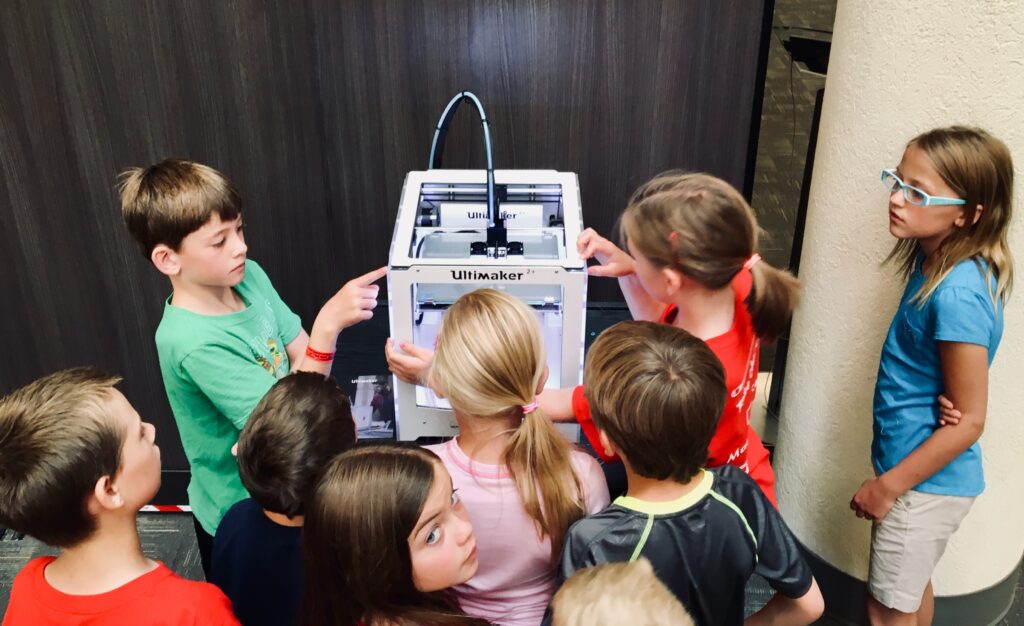So do you want to know the best way to learn Chinese online?
Today’s Chinese parents are aware of the importance of their children learning Chinese, not only because their children have Chinese blood, so that they can understand Chinese culture and language, but more importantly, as China’s economy grows stronger, Many people also learn Chinese as a second language to lay the foundation for future career expansion.
Now, there is a boom in learning Chinese all over the world. According to incomplete statistics, there are already 30 million people around the world who are learning Chinese.
For example, Mark Zuckerberg, CEO of Facebook, not only insists on learning Chinese every day, but also asks his daughter to learn Chinese in the future. In Greater Vancouver, Chinese has entered the classrooms of middle schools and universities, and has become an AP and compulsory course. (If you want to know more information about Chinese learning, please feel free to click here!)
Many Chinese children born overseas suffer from the difficulty of learning Chinese. It is often the wishful thinking of the parents, but the children are unmoved. How to make children like learning Chinese? Are there any best way to learn Chinese online?

Here, GOTO CHINESE will tell you one by one:
- The earlier the second language enlightenment, the better. 1-12 years old is the fastest stage for children’s brain development. At this time, children have good memory and accept new things quickly.
This is the golden period for learning new languages. At this time, the child’s brain is like a computer, and he accepts whatever you input. Therefore, parents must expose their children to Chinese as early as possible.
Listening, speaking, reading, and writing should be fully developed, try to speak Chinese at home, read Chinese story books, watch Chinese cartoons, and create an all-round Chinese language environment. Second, word recognition starts from storybooks.
All libraries in Greater Vancouver have introductory children’s Chinese books. Parents should choose suitable story books (books in simplified Chinese characters) according to their children’s different ages. Read story books to their children every day. The most important thing is to read the same book repeatedly.
Storybooks until the child can read. In this way, the child can know a lot of Chinese characters without knowing it, and can imitate the Chinese sentences in the storybook, which will soon improve the child’s listening, speaking, and reading skills, and will get twice the result with half the effort. Three, learn to read and write in pinyin.
Chinese and English are two completely different language systems. English is a phonetic script, a word can be pronounced after it is written, but its meaning cannot be expressed. However, Chinese is ideographic.
When a word is written, its meaning can be guessed but cannot be read. There are four tones in the pronunciation of Chinese characters, and some characters are polyphonic, which often troubles children, so learning Chinese pinyin is particularly important.
By learning Chinese pinyin, children can read the pitch accurately, and more importantly, they can learn to type in pinyin, which can speed up their learning of Chinese. Fourth, writing Chinese starts with learning the radicals.
The most difficult thing for children to learn Chinese is writing. Chinese characters are ever-changing, but there are also rules to follow, that is, to master the Chinese radicals.
Starting from knowing various Chinese radicals, learn to write Chinese characters through the combination of different radicals, from easy to difficult, keep practicing every day, and you will quickly master the order and writing method of Chinese writing strokes.
Everyone want to know the best way to learn Chinese online, but Learning Chinese is a long-term project, which cannot be completed in one or two years. Children should be encouraged to persevere.
If parents are unable to teach their children, they can send their children to a Chinese school. Generally speaking, small class teaching is more effective, and tutoring can be provided according to the different characteristics of the children.
It is important to guide children’s interest and curiosity towards Chinese culture, which is the prerequisite for children to learn Chinese well.
Ms. Su, who lives in the United States, often communicates with her eight-year-old son in Chinese. Once, when the child was about to take an exam, Ms. Su said, “Come on, baby! I wish you success!”
The child asked curiously, “What’s the matter with success?” ?” Made Ms. Su dumbfounded. This kind of situation is actually not uncommon.
Many Chinese parents say that their children are often puzzled by some commonly used idioms that they blurt out, but they feel that idioms are “only understandable, not expressible”, and it is difficult to explain to their children. . So, how can Chinese children learn idioms well? The editor provides four ideas for parents today, you might as well go back and try.
1 Choose a good story and match the animation
When many parents buy idiom storybooks for their children, they choose one at random in the market. They think that their children have good Chinese skills and can understand, so they just throw it to their children. In this case, the child will generally just rummage through it and throw it aside. When parents buy books for Chinese children, try to choose books with short storylines, colorful pictures, easy to understand idioms, and easy to use in daily life.
If there is no such finished book, parents must choose the story themselves. For example: Stories such as Carving a boat and seeking a sword, It’s not too late to make up for it after a dead sheep, and “Putting seedlings to encourage growth” are easy to understand and easy to use, and they are all suitable for Chinese children to learn.
If the child can’t sit still and the parents spend less time with them, it is a good idea to match the corresponding Chinese animation. Parents can try the APP “Children’s Animated Idiom Stories”, which will contain elementary school idioms cartoons.
2 Divide into categories and gradually refine
Idioms are an advanced learning for Chinese children. We parents don’t need to put too much pressure on our children to study. Under normal circumstances, there are not many idioms used in daily life, and learning about a hundred is enough for reading, writing and communication. Parents can classify these idioms into categories.
For example, first divide daily idioms into two categories: commendatory and derogatory, after the child can probably judge the emotional color of the learned idioms. Then divide into idioms of location, numbers, etc. in detail, and gradually refine these idioms, so that children can use idioms more accurately.
3 Get closer and use what you have learned
Idioms are also often used in people’s daily life. If the child encounters some obscure idioms, the best way is to accompany the child to reproduce the scene, which will help to narrow the distance between the child and the idiom.
After learning an idiom, parents should take the initiative to give their children the opportunity to use it and give more real examples. For example, the idiom “Self-recommendation”, parents can ask when picking up their children from school: Has the teacher assigned any new tasks? Did you recommend yourself in class?
If you want a little help from your children at home, you can also ask: Who can help mom, and I will see who can recommend themselves. Use idioms in life, so that children can master idioms and apply what they have learned.
4 Comparing with cultural differences, understand the meaning of idioms
For Chinese children in the “non-Chinese character cultural circle”, they often face some cultural conflicts that they do not understand. For example, when describing a lot of things, the Chinese will use an idiom: “喷金如土”, while the English expression is “spend money like water”.
At this time, parents can explain to their children the national conditions of the two countries. The UK is an island country surrounded by water. Therefore, for the UK, the most resource is water. However, China is a large agricultural country with rich land resources, so soil is often used to describe a lot.
This kind of comparative introduction can help children have a more comprehensive understanding of China’s national conditions and culture, and better understand the meaning of idioms.
The best way to learn Chinese online is inseparable from the constant consolidation of the children. Our parents should pay more attention to scientific methods and spend more time with their children in learning. I believe that the children will be able to master daily idioms proficiently soon!












